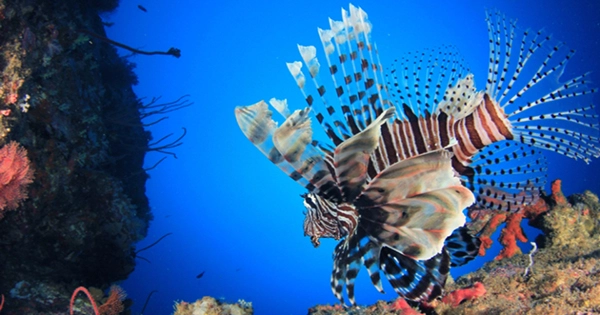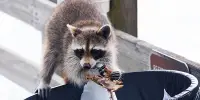Much of conservation focuses on aiding species that are in short supply, but what can do about species that are in abundance? Invasive species have a horrible habit of multiplying uncontrollably as they take over settings where they have no natural predators. As they spread, the space available for native species shrinks, threatening animals’ survival and upsetting ecosystems that have existed for thousands of years. To get rid of alien species, everything from hunting to novelty lingerie to importing additional invasive species (with disastrous results) tried, but is there a more cost-effective method to sustain natural systems?
According to Popular Science, the “invasivore diet” was first proposed by conservation biologist Joe Roman in the early 2000s, and is a technique that encourages humans to eat their way out of problems they created. It is worth emphasizing that invasive species, which are frequently vilified by environmentalists, are not to blame here. Possums are an undesirable resident of New Zealand, where they have destroyed ground-nesting bird populations after being imported multiple times to establish a fur trade as early as 1837. (One even held a woman “hostage”). These possums, on the other hand, are simply doing what possums do best without regard for the impact they are having on the ecosystem.
However, if the natural order is to be preserved, humans must repair the damage caused by the introductions we facilitated. Removing abundant species from the environment, on the other hand, is time and money consuming, so how can we get a jog going? One method is to commodify the problematic species by transforming it from an unwanted visitor to a delicacy. It is a strategy that has already been used with the invasive European weed garlic mustards, which is claimed to give salad dressings a peppery kick.
Sushi chefs have also adapted their technique to include the highly invasive lionfish. Lionfish, which are native to the Indo-Pacific, have become an invasive species in the Atlantic, where they have established themselves along the US coast, in the Caribbean, and in the Gulf of Mexico. Their invasion is said to be the result of decades of being discarded in the ocean as unwanted aquarium pets. The invasive lionfish population is growing in its new habitat, thanks to a lack of predators and a voracious appetite, which is terrible news for the ecosystem’s fragile balance. However, their widespread distribution makes them a viable food source in place of other – traditionally fished but endangered – species, with the added benefit of restoring the environment to a better state as you fish more.
The concept was so well received that scientists began developing an autonomous fishing hoover that could effectively scour the ocean for any lionfish it came across. The approach may be uncomfortable for ichthyophiles and animal lovers alike, but in a world where fishing is already taking place, it seems logical to target the most abundant and problematic species. Roman has subsequently developed a website, Eat the Invaders, with the goal of inspiring people to monopolize on the invaders in their region through creative dishes submitted by site users. It reads, “Invaders – we didn’t stop them at the gates.” “Can they come to a halt at our plates?”















